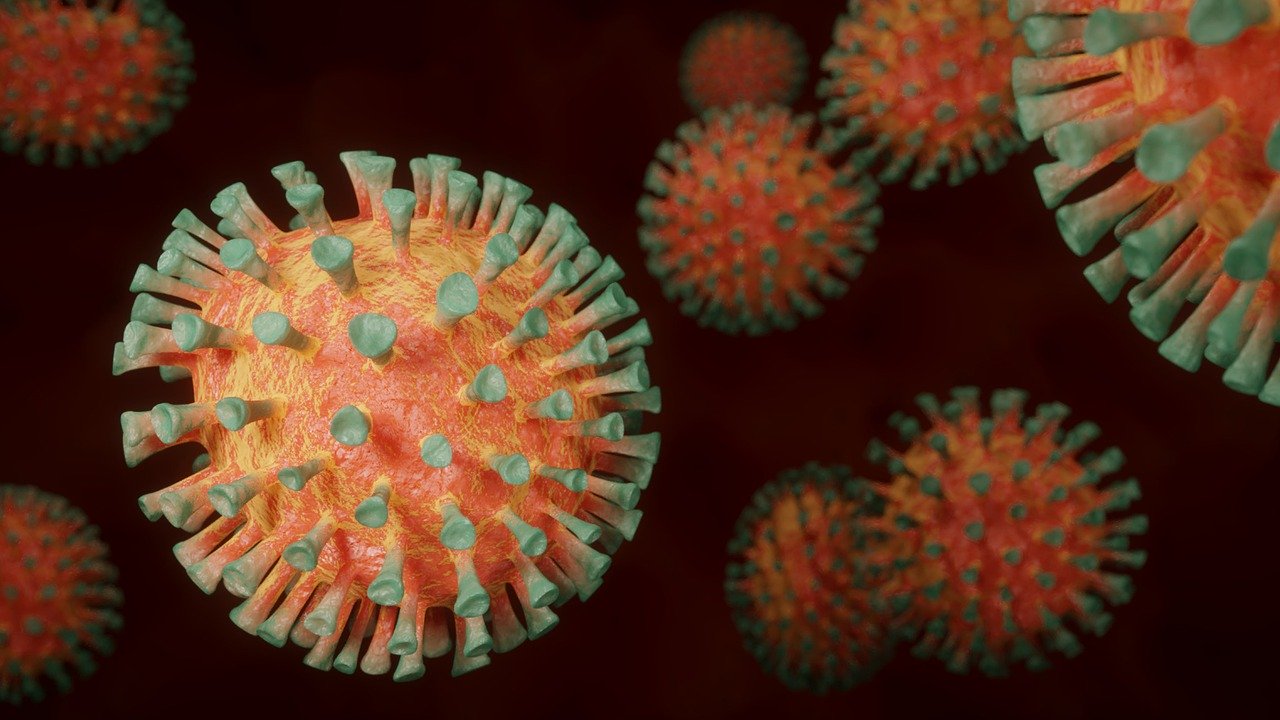Principles of operation and use
Air filtration systems
The role of air filters is to prevent contamination of air-conditioning components or air ducts and to ensure the quality of the incoming air. There is no doubt about the necessity of using effective air filters to maintain ventilation and air conditioning systems at an appropriate hygienic level. The use of suitable filter systems enables the protection of the incoming air from unwanted pollution by particles, aerosols, microorganisms and gases. In order to ensure the effective separation of 99.95% of contaminants of the size of SARS-CoV-2 (80 – 160 nm), it is necessary to provide high-efficiency filters of solid pollutants of filter class at least H13 according to EN 1822.
Increase air intake and exhaust
The concentration of airborne viruses is lowest outdoors. Therefore, it is important to replace as much of the used indoor air with conditioned outdoor air as possible. An extended operating time is recommended in buildings with mechanical ventilation systems.
It is not necessary to replace the supply air filters
In the context of COVID-19, the question of whether filters should be replaced is often asked. In accordance with VDI ventilation rules (e.g. VDI 6022, VDI 3803-4) and Eurovent 4-23, modern ventilation and air conditioning systems should be equipped with high-quality air filters (minimum 50% of ISO class ePM1 for SUP 1–3) that they effectively filter particles from the outside air. If viruses get into the filters in exceptional cases, they have a limited lifespan and cannot reproduce any further. Filters should therefore be replaced according to the standard procedure in accordance with VDI 6022 under pressure or if the time limits are exceeded.
Humidification and air conditioning have no specific effect on COVID-19
Current findings in the case of COVID-19 show that the virus is very resistant to environmental changes and is only sensitive at very low relative humidity and very high temperatures. Heating and cooling systems can be operated as normal as they are not expected to affect the spread of COVID-19. Therefore, it is not appropriate to adjust the desired values of these systems in this case.
Local, permanently installed recirculation cooling units without external air supply
To date, there is no direct evidence of the spread of COVID-19 through ventilation and air conditioning systems. Nevertheless, decentralized systems with local recirculation are better left switched off to avoid possible indoor air contamination (especially if these rooms are used by more than one person).
Cleaning the air ducts has no practical effect
Cleaning air ducts from room to room is not effective against the transmission of infections, because the ventilation and air conditioning system is not a source of contamination. Viruses attached to small particles do not collect in the ventilation channels, so it is more effective to ventilate intensively.
Room air purifiers can be useful in specific situations
Air purifiers reliably deal with contaminated air in the room, thanks to which they bring the user an effect similar to ventilation. For greater effectiveness in the context of COVID-19, they must at least have an effective HEPA filter. Air purifiers create turbulent ventilation in interiors, the air in the immediate vicinity of the outlet can thus guarantee a sufficiently clean environment.

